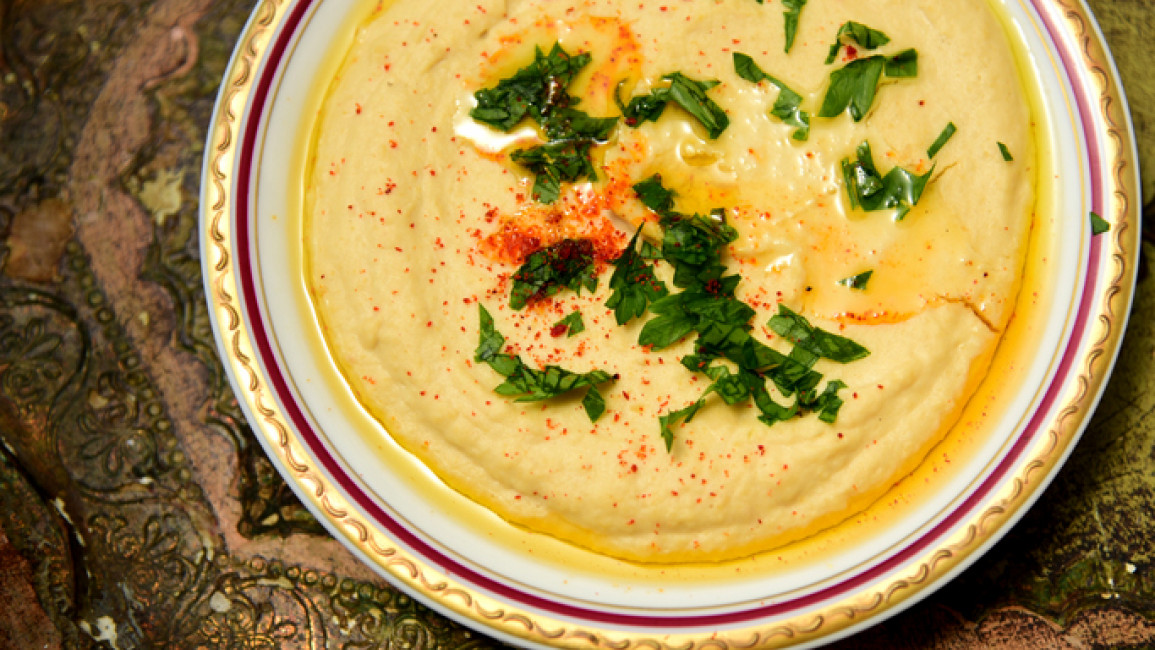Jordanian restaurants' union calls for 40% increase in meal prices to reflect inflation
A Jordanian union of restaurant owners called on the government on Sunday to update regulations on the sale of traditional meals, saying prices should increase by 30 to 40% to reflect growing costs, local media reported.
The Jordanian Union of Restaurants and Confectionery Proprietors held an emergency meeting last week to discuss the challenges faced by their sector. Saying it “does not want to infringe on the peoples’ livelihood”, the union called on Jordanian authorities to allow restaurant owners to increase the prices of traditional meals, which were set in 2016.
The union called on authorities to support their sector by decreasing certain taxes and tariffs on food, capping the prices of suppliers and suspending loan repayments for the coming three months at least, June included.
Jordan's food sector suffered a heavy blow from the Covid-19 pandemic and the successive lockdowns put in place by authorities, which were among the strictest in the world. During the meeting, union members reportedly stated that "thousands" of restaurants had closed since the beginning of the COVID-19 pandemic, and that 10,000 more were at risk of bankruptcy.
Jordanian restaurant owners, which had just begun to recover from the pandemic, say they are now battling skyrocketing production costs. The government recently lifted some subsidies on electricity, which directly impacts their operating costs.
Increases in the price of staples like cereals and oil, linked to the Russian invasion of Ukraine, threaten to make food even less affordable for Jordanians. The kingdom is very vulnerable to global price fluctuations, importing around 85 percent of overall food from overseas due to local production shortages, according to figures from a local industry union.
So far, authorities have tried to shield consumers by capping the price of basic goods and subsidising some products. But at the end of May, Jordanians launched a social media campaign calling for the boycott of chicken and eggs following a government decision to lift a price cap set on poultry products during Ramadan.



